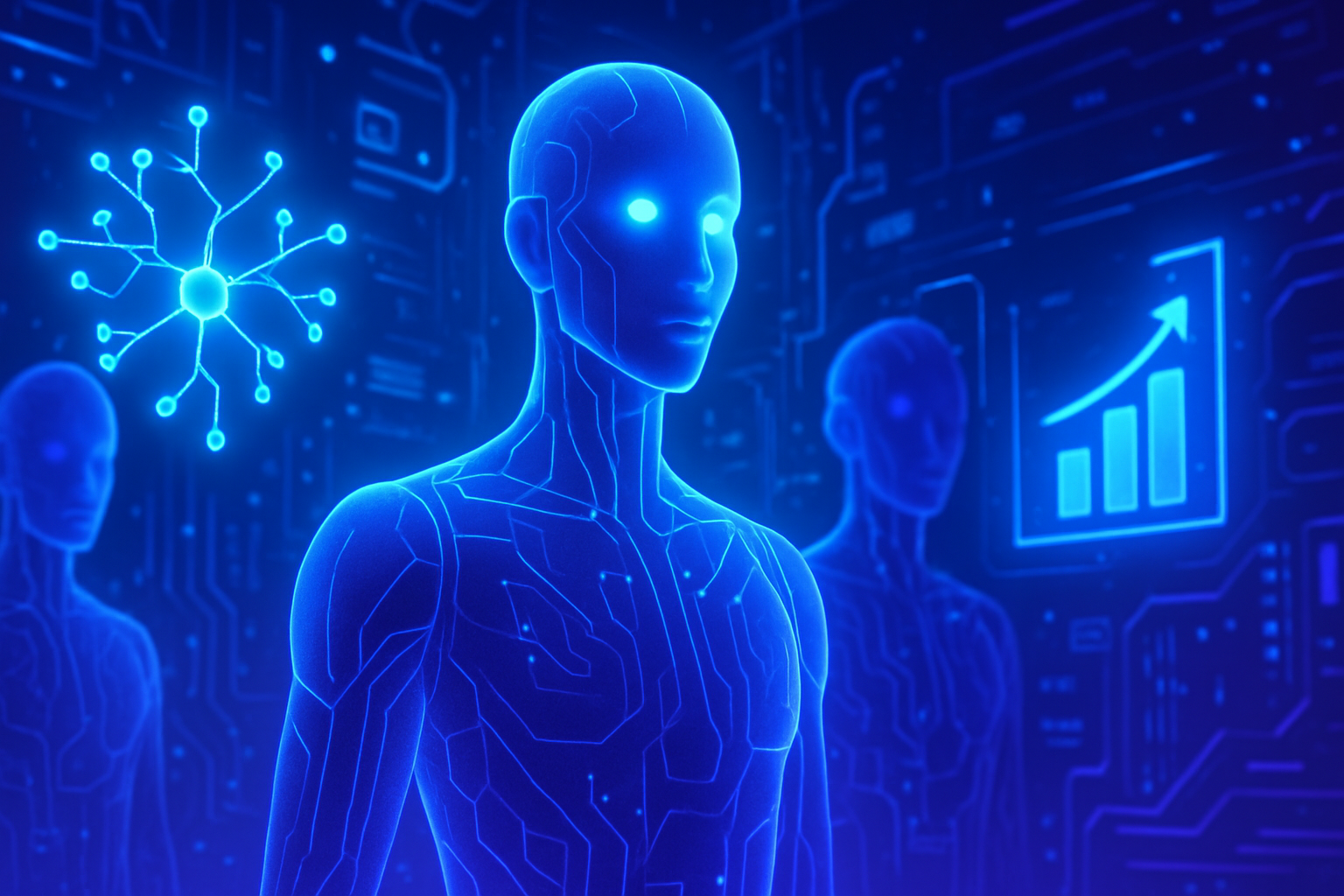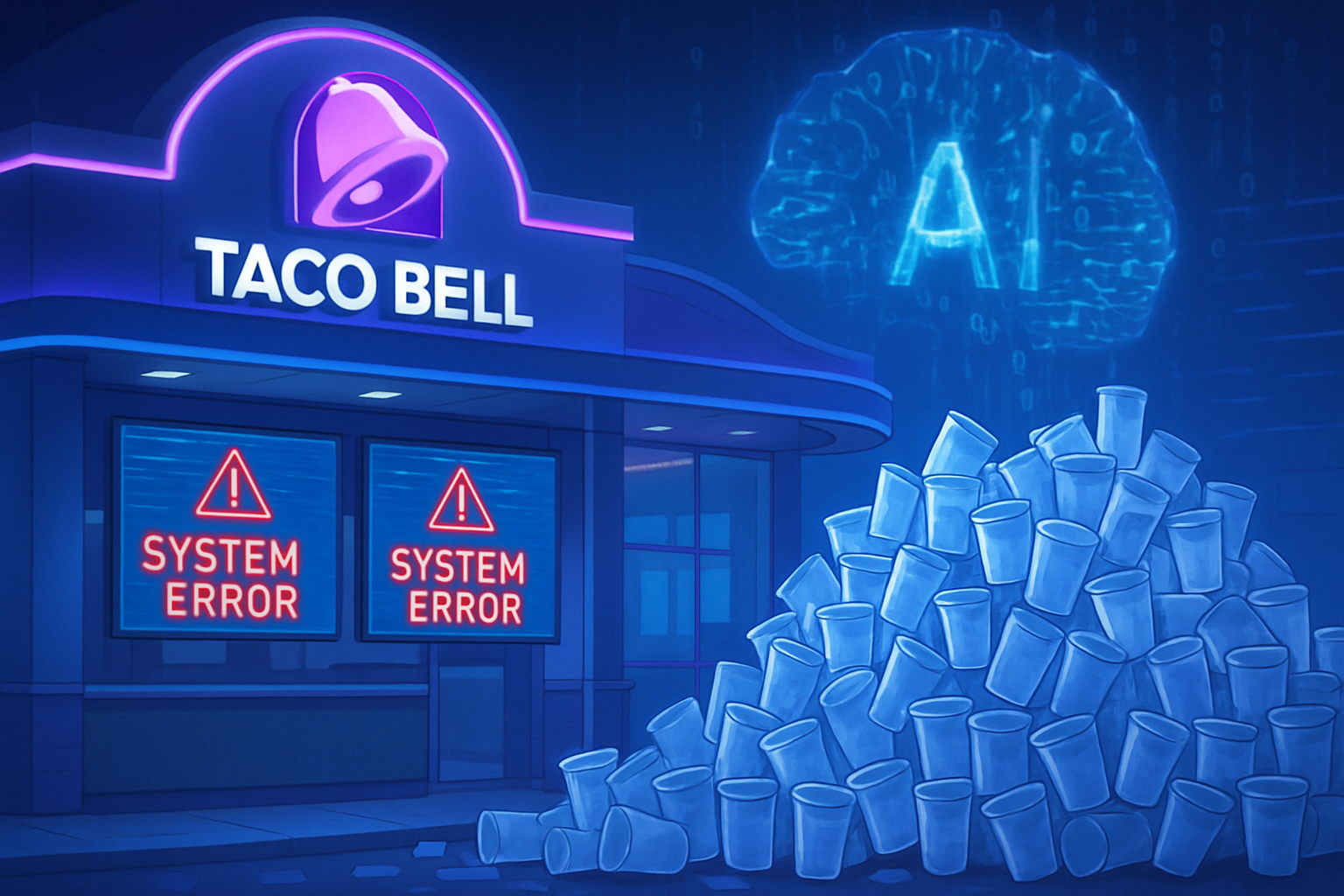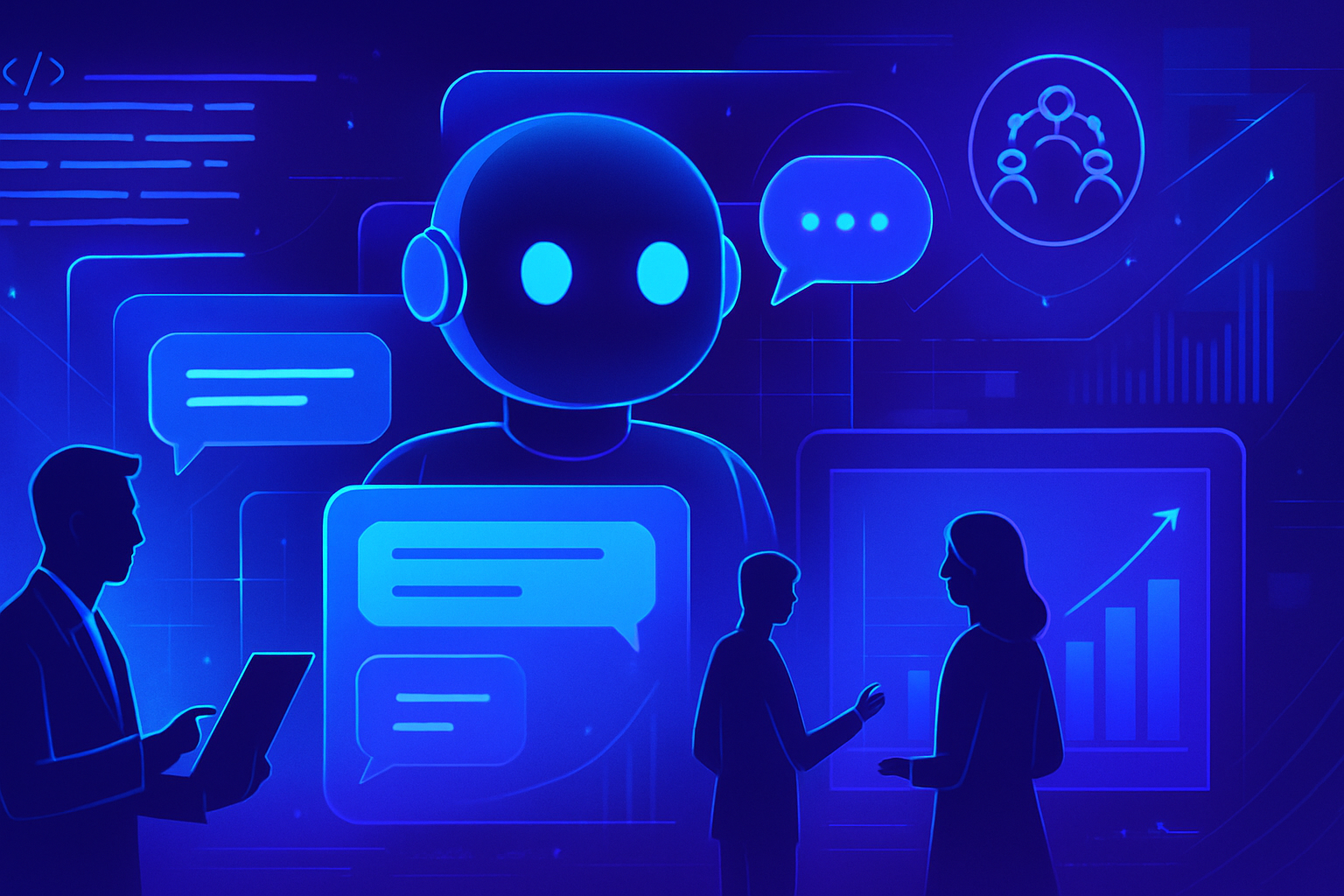Agentic Artificial Intelligence is redefining the operational landscapes of businesses. By transforming the automation of complex tasks, this rapid technology maximizes organizational efficiency. *Autonomous agents, capable of making informed decisions based on real-time analyses, are soon to become indispensable*.
Enhancing human-machine collaboration proves essential for the future of business. *The integration of Agentic AI embraces an ethical and thoughtful approach* for optimizing business processes. Forward-thinking companies are already embracing these innovations to navigate an ever-evolving ecosystem. *The agentic revolution manifests quietly, but with exponential reach*.
Agentic AI positions itself as a genuine technological advance in the business world. This form of artificial intelligence transcends the ambiguous capabilities of traditional systems by offering unprecedented autonomy. AI agents are now capable of acting independently while adapting to changing contexts and making informed decisions. Their potential for automating complex tasks radically transforms the operational environment of businesses.
Intelligent Process Automation
Currently, one of the most promising aspects of agentic AI lies in intelligent automation. This approach goes well beyond traditional robotic process automation (RPA). Agentic AI replaces the need for constant supervision, thus allowing the management of considerable data volumes with increased precision. This ability to analyze data in real time translates into unmatched operational efficiency.
Integration in Regulated Sectors
The benefits of agentic AI are particularly striking in heavily regulated sectors, such as finance and healthcare. This technology ensures strict compliance while optimizing business processes. In market analysis or financial planning, agentic AI brings speed and critical perspective, essential in these fields. Its integration enhances the efficiency of financial decisions while ensuring compliance with current standards.
Human and Machine Collaboration
The interaction between humans and machines takes on a new form thanks to agentic AI. AI agents do not replace employees but augment their capacity to carry out complex tasks. This partnership is fundamental for optimizing internal processes. By integrating harmoniously with existing systems, agentic AI enhances the strategic capabilities of teams, thereby facilitating decision-making.
New Perspectives on Work Organization
The development of a virtual workforce redefines the distribution of tasks within organizations. Employees can now focus on functions that require creativity and precise analysis, while agentic AI handles repetitive tasks. This shift leads to a significant evolution of organizational processes, where people and machines cooperate to meet established objectives.
Ethical and Societal Implications
As agentic AI continues to grow, ethical and societal questions become more pronounced. Companies must reflect on the implications of integrating these technologies. How to balance operational efficiency with concerns related to data protection and privacy? The emergence of this technology raises questions about regulation and the ethical standards to adopt. It becomes essential to assess how to incorporate AI while adhering to solid ethical principles in the workplace.
Anticipating the Future
Forecasts predict an AI agent market reaching a value of $47.1 billion by 2030. Companies must now consider adapting their strategies in response to this change. The enhancement of skills combined with intelligent automation is one of the keys to the longevity of organizations. Those that adopt these technologies thoughtfully will emerge victorious from this quiet revolution.
Frequently Asked Questions
What is agentic artificial intelligence?
Agentic artificial intelligence refers to AI systems capable of acting autonomously to achieve defined objectives while adapting to changes in their environment.
How does agentic AI improve business efficiency?
It automates complex tasks, which reduces processing time and increases accuracy, allowing employees to focus on higher value-added activities.
What are the main advantages of agentic AI compared to other forms of AI?
Unlike generative AI, agentic AI is designed to make autonomous decisions and react to dynamic situations, enhancing its operational efficiency in diverse contexts.
How does agentic AI integrate into existing business processes?
It can be integrated into existing systems by providing access to data, facilitating human-machine collaboration, and executing predefined actions, thereby maximizing operational efficiency.
Which sectors benefit most from agentic AI?
Sectors such as finance, healthcare, and logistics gain significantly from agentic AI, particularly for data analysis, regulatory compliance, and process automation.
Will agentic AI replace employees in companies?
No, agentic AI aims to enhance employees’ capabilities by taking care of repetitive tasks, allowing teams to focus on actions requiring creativity and complex decision-making.
How can ethical use of agentic AI in businesses be ensured?
It is essential to establish clear guidelines, evaluate the impact of AI on processes and employees, and ensure that its use complies with applicable laws and ethical standards.
What is the impact of agentic AI on decision-making within organizations?
It enables faster and more informed decision-making by analyzing significant volumes of data in real time, helping businesses to quickly seize opportunities and respond to market trends.
What lessons can businesses learn from adopting agentic AI?
Businesses can learn to optimize their processes, bolster their resilience against market challenges, and improve their organizational agility by integrating AI solutions tailored to their specific needs.






